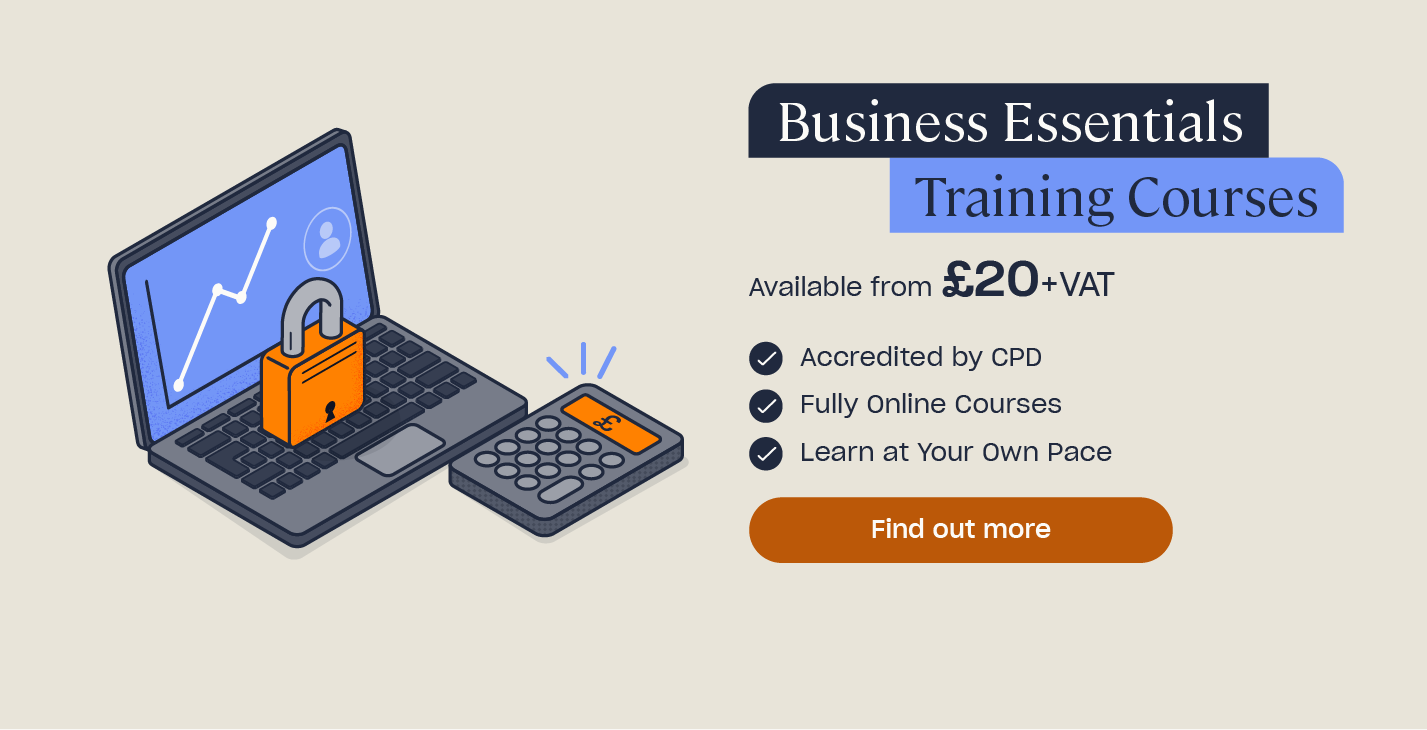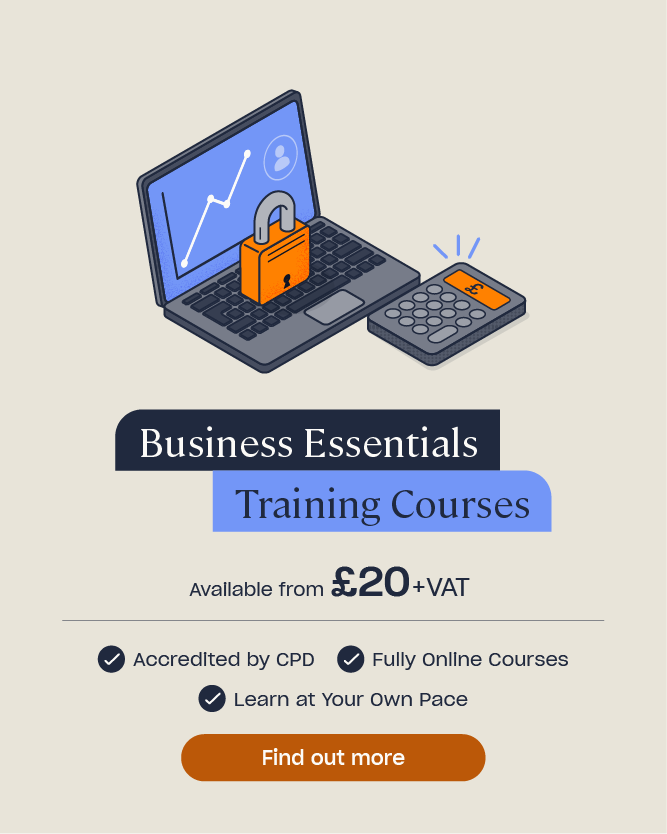How to Switch Careers
It can be incredibly difficult to choose the right career, and not everyone gets it right the first time. In fact, the average person will change careers 5-7 times during their working life, so it’s not uncommon to want to try something new.
Whether you’re making the big decision of which career you’d like to enter after education, or you feel a desire to leave the current career you’re in, there are a number of things to think about before you take the leap into a new profession.
In this article, we will outline what it means to switch careers, the factors you should consider when making this decision, and provide you with useful tips to help you move forward with your career change.
What is the Meaning of a Career Change?
Whilst the term ‘career change’ is fairly self-explanatory, it can be difficult to determine what actually constitutes a change in career and what is simply a promotion or new job.
Firstly, it can be useful to define what is not a career change. For example, for someone who has a new job within their existing industry, which involves doing the same role as their previous position, this likely wouldn’t constitute a career change. This is the easiest type of professional transition to make as it is a lateral move that doesn’t usually require the acquisition of many new skills or knowledge.

A career change is when you take the skills and knowledge you’ve gained in your current profession, or from your education, and apply them to a completely different position which involves a new set of tasks and responsibilities.
There are two components that make up a career:
- Your industry – This is the sector within which you work, for example hospitality, finance, marketing or education.
- Your role – This is the actual duties and tasks that you do each day.
There are 3 types of professional transition that are generally regarded as a career change:
New industry, same role
This change involves taking your existing responsibilities and transitioning them to a new industry. Your job title will likely be the same or similar, but you’ll be working within a new environment and perhaps with different overall goals. An example of this type of career change might include moving from a HR role in a tech company to a HR role in a finance company.
Same industry, new role
This type of career change is often slightly more challenging as, whilst you have knowledge of the culture and values of your industry, a new role will require learning some new skills as it will involve different responsibilities to your previous position. Despite this, you’re likely to have some transferable skills that will help you transition from one role to another, particularly soft skills such as problem-solving and adaptability. An example of this type of career change might include moving from a front-of-house wait staff position within hospitality to a chef role within this same industry.
New industry, new role
This is the hardest form of career change as it involves the biggest transition. In this form of career change, you’ll have to develop knowledge about your new industry as well as learn the skills needed for a different role. Because this professional transition will take the most time and dedication, it’s important to carefully consider your decision before committing to the work required to achieve it.

Should I Switch Careers?
There are many reasons why someone might feel the urge to dive into a new career, but there are some considerations to make to ensure this is the most beneficial move before committing to making the change.
Firstly, it’s important to consider whether you need a whole new career or whether you’d be happy just taking an alternative job. To do this, establish what it is that’s causing a desire for change. Is it the place in which you work, the people you work with, or the role itself?
If you feel that you’d be happy doing your job in another place or with different people, you might not need an entire career change but may just need to find a similar position elsewhere.
Alternatively, if you feel that your job will always make you feel unsatisfied or unhappy, no matter where you work or who you’re working with, it’s likely that a career change would be the right move to improve your professional life.

Below are 5 signs that indicate you may need a career change:
Feeling constantly stressed, tired, or anxious
If you end every working day feeling exhausted and unhappy, you’re not alone. However this is a strong sign that you may not be doing the right thing for you professionally.
Career dissatisfaction often displays itself as mental and/or physical exhaustion, and signs of burnout should not be disregarded.
Your career should be rewarding and fulfilling, and certainly not be detrimental to your wellbeing.
You’re no longer learning or growing
If you’re no longer feeling challenged at work, or feel that you’re not developing your knowledge or skill set in your current role, this is a sign that you may have outgrown your current position.
Workers who have stopped growing tend to lack motivation and, therefore, feel dissatisfied. Thus, if you feel like you’re simply coasting through your role and repeating the same mundane tasks each day, it may be time for a change to a career that will offer you more development opportunities and challenges that can provide a sense of accomplishment.
Your values don’t align with the company or industry you’re in
Working somewhere that doesn’t reflect your personal values or long-term goals can only lead to negative feelings such as frustration. Additionally, this can cause a disruptive worklife, as you may feel the need to challenge your superiors or colleagues which can lead to professional conflict.

Having to operate in ways that are counter to your beliefs and your instinctive behaviour is likely to be exhausting and will almost certainly cause dissatisfaction. Thus, it may be time to change careers to something more closely aligned with your core values.
You’re jealous of other people’s careers
Being envious of the careers of those around you is a clear sign that you’re no longer satisfied with your own professional life. If you’re jealous of other people’s careers, then they must have something that you desire or yearn for in your own work. Jealousy can easily lead to resentment, which is likely to affect your professional relationships and the quality of your work.
It can be useful to identify which aspects of others’ careers it is that you envy most; is it their salary, working hours, core tasks or company culture? Determining what you are jealous of will help to establish which careers might be better suited for you to pursue.
You don’t feel that you’re making an impact
Everyone likes to feel that they’re contributing to something greater than themselves, and knowing you’ve directly played a part in your company’s overall success is often a key aspect of job satisfaction. This is also usually where employees receive the most recognition and reward.
If this is not the case in your current position and you feel that your role is inconsequential in the grand scheme of things, then perhaps it’s time to seek out a career that allows you to make meaningful contributions. Your work life should boost your self-esteem, not diminish it.
Considering a new career?
Read our guidance on alternative careers for healthcare professionals, teachers, chefs, construction workers, or browse options for potential careers in hospitality and catering, construction and social care.
Tips for Changing Careers
If you find yourself reflected in one or more of the above signs that it’s time to consider a career change, then it’s likely that your current position isn’t right for you. On a positive note, there are countless career options and almost certainly one out there that will suit you.
Before seeking out a new career, it’s important to consider the reality of uprooting your work. Ultimately, there are certain drawbacks that should be considered. Starting from scratch professionally can often result in a lot of uncertainty and instability. Realistically, there may be a large financial impact, and it often takes a lot of time and effort to rebuild your professional life. Furthermore, there is a risk of failure and you’re likely to experience setbacks before you succeed. Despite these unsavoury realities, the end result of a career change can be well worth the turbulence experienced to get there.
With this in mind, here are some comprehensive tips for how to switch careers as smoothly and successfully as possible:
Do your research
Firstly, it’s important to extensively research a variety of careers to see what options are out there and which ones would be most suitable for you. Identify what you’re lacking in your current career and everything you want from your new one, and use this as a checklist to identify career options that would be best suited to you. There are countless options of professions so it’s essential to take your time to ensure that you’re covering all bases in your search for the ideal career. Do they align with your skills, values, interests, and financial requirements?

Once you’ve identified a career that you’d like to pursue, ensure you extensively research this industry and role. The more you can learn about your new field, the more likely you are to be successful in the application process. You can achieve in-depth insight into a career by doing the following:
- Talk to people who are doing the roles already, and perhaps shadow them for a period of time.
- Do online research using career guides, blogs, and company websites from the industries you’re interested in.
- Attend conferences, seminars, and networking events that are applicable to your interests.
- Read relevant articles and trade publications.
Develop an action plan
Once you’ve identified which career you’d like to move into, it’s in your best interest to try and increase your chances of successfully finding employment in this area. To do this, find what the requirements are likely to be for the position you desire and then identify which you currently do and don’t meet.
Your action plan can also cover specific goals and a timeline of when you’d like to achieve these, to avoid your progress falling stagnant. Consider a deadline for when you’d like to have updated certain areas of your skillset and applied to a specific number of positions, for example.
Use our downloadable Personal Development Plan (PDP) Guide and Template to begin considering your next steps.
Update your skillset and gain experience
A new career means having to gain new skills. After you’ve identified any gaps in your current abilities, you’ll be in a good position to plan steps you can take to fill these spaces and become desirable to employers in your chosen new career.
A few ways in which you can look to update your skill set include:
- Take an online course to update your knowledge. Our range of Business Essentials courses are a great place to start.
- Do an internship in your new field of interest.
- Volunteer within the industry you want to work in.
- Make connections with people in positions you admire via networking events or business websites such as LinkedIn.
You can find more ideas for how to successfully increase your experience in our article on How to Upskill Yourself.
Want to learn more?
We have over 180 courses in subjects ranging from business essentials and safeguarding, to food hygiene and health and safety. Browse our full course catalogue today to begin updating your skillset.
Rebrand yourself
Before you start applying to jobs in your new career, it may be wise to do some personal rebranding by updating your CV, resume, portfolio, LinkedIn profile or any other tool that may be considered by a potential employer. This is particularly important when undertaking a career change as it’s likely that past experiences that are highlighted in your personal branding are no longer relevant or don’t align with your new goals.
72% of recruiters now use LinkedIn to identify new candidates or vet ones who have applied to roles at their company, so it’s essential that your CV, portfolio, or LinkedIn highlights how your new and existing experiences make you a better candidate for the roles you are applying for. Ensure you make a powerful personal statement about why you are a good fit.
Lastly, don’t just use one standard cover letter for a variety of job applications. Make sure you cater your personal branding to individual roles each time you send an application. Read our article on CV guidance to find tips on how to write your CV, including a free downloadable template.
Once you’ve completed each of these steps, you’ll be ready to start searching for and applying for jobs within your new career with the highest chance of success.

It can be daunting to switch careers, but it’s something that the majority of people experience at some point in their professional life. It’s important to consider whether a change in career is the best option for you, but if you’re feeling unhappy or dissatisfied in your current position then this is a strong sign that it’s time to take on a new role. There are many steps you can take to help ensure a smooth and successful transition between different careers.
Further Resources:
- A Personal Development Plan (PDP) Guide & Template
- How to Upskill Yourself
- How to Stand Out in a Virtual Interview: Preparation Tips
- Business Essentials Courses







